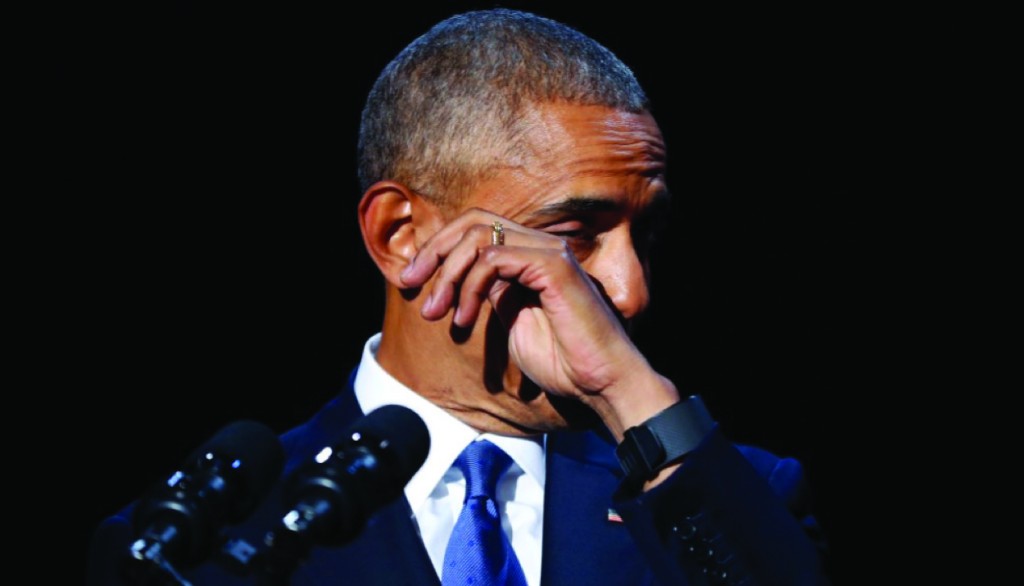
It’s time we move away from the idea of minimum wage as the default
By Craig Allan, Business Manager
Minimum wage is the worst option because it gets you money, but never enough.
I have a theory when it comes to politics: if a politician ever wants to stop something new from happening, they can invoke what I call “The Fear of the Unknown” argument. This argument implies that doing something new and radical should not be attempted because it has never been tried before so it can’t be done. This argument, while not specifically stated as such, is most likely made by politicians when it comes to things like paying for college tuition or universal basic income. However, this has changed due to the pandemic, as many Canadians were essentially given a universal basic income with the CERB.
The pandemic has flipped the world upside down and when it is over, much like with the Great Depression or the end of World War II, there will likely be a public desire to change the way our systems are run. One of the aspects of our lives that will likely be put under the microscope will be our use of the minimum wage.
Between universal income and no income, minimum wage is the worst option because it gets you money, but never enough. So, with the pandemic spawning a progressive movement (I hope) it’s time we consider the two options that could, and should, replace minimum wage.
The first comes in the form of a universal basic income. What this would involve is the government topping up the salaries of people who work low wage jobs so that maybe they can afford the basics. The Liberal government is pushing this plan and it seems to be gaining traction in other parties and campaigns.
Some may wonder how the government can afford this, but if an article I wrote a few months ago about a certain group of homeless people being given $7500 is any indication, I think we will see good results. When given the money to get on their feet, most people actually spent it wisely, and directly funding people actually saves more money for the government as compared to eternally funding homeless shelters.
When it comes to this discussion, everyone talks about how there should be a universal basic income, but rarely does anyone focus on the opposite end—abolishing the practice of set wages.
This idea is more my own, but under this plan businesses would be allowed to hire people for little to no pay under the guidance that they will be getting trained in that job. This will allow people to get training in jobs they may actually be interested in and would be great for people just out of high school trying to find themselves.
Be assured though, this is not a blanket wage free initiative. Under my plan, businesses would only be able to hire up to 30 percent of a section of a workforce with these types of employees. This is because they are there to be trained, and if there is no one to train them, then they are just working for nothing. They would also only be allowed to do this for two years max, so as not to trap anyone in an endless cycle of work but no pay. Also, employers like McDonald’s and Canadian Tire would not be eligible for this, as the jobs they have are already low wage and not very highly skilled.
Some may balk at this plan, but what they don’t realize is that we already have this system in place; a system where we have to work hard for nothing, but in fact it’s worse—we have to pay for that privilege. That is the post-secondary system. The only reason to really go to college is to get an education that you can use to get a job. If someone, especially someone from a low-income family, can get a couple years of training at a top notch place, they might be able to avoid having to spend money at an expensive college. In the end the college costs may be more than what they would make if they were being paid minimum wage.
Either way, something has to change in our system. In 1919, a general strike in Winnipeg was the impetus to the creation of the minimum wage. But with sky-high housing prices and the overall cost of living, minimum wage can only give you just that: the minimum. I think it no longer works for Canada; we need to fire it and find something better.


